Conscientious Objector by Edna St. Vincent Millay
Edna St. Vincent Millay’s free-verse poem “Conscientious Objector” is about a speaker who refuses to disclose the whereabouts of the living of her city to “Death.”
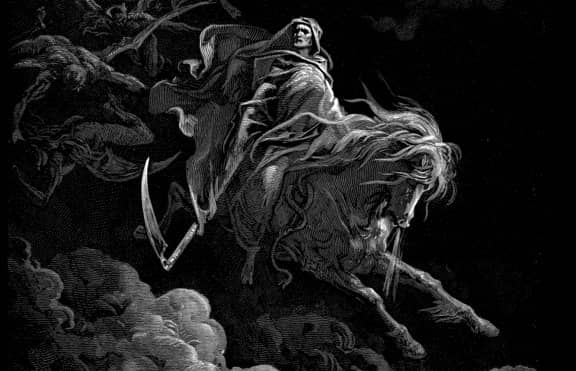
Edna St. Vincent Millay’s free-verse poem “Conscientious Objector” is about a speaker who refuses to disclose the whereabouts of the living of her city to “Death.”
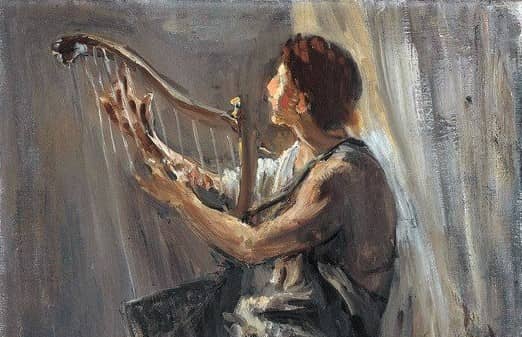
“The Ballad of the Harp-Weaver” by Edna St. Vincent Millay is about a tragic story of a mother and a child, who live in a poor household.
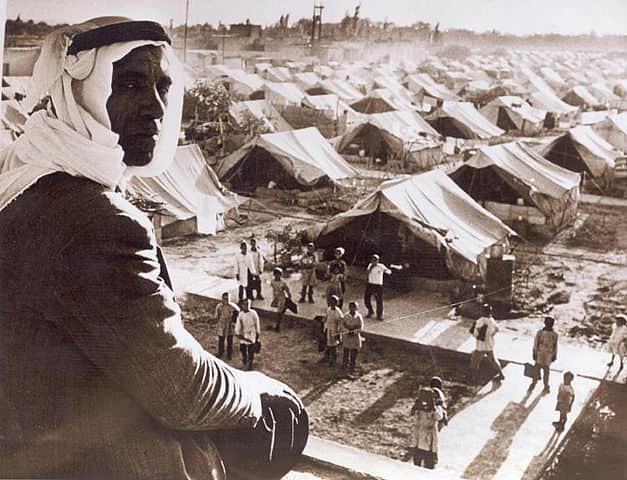
“Identity Card” by Mahmoud Darwish is about an Arab refugee’s monologue to an Israeli official, who asked him to show his ID card.

Published in Robert Louis Stevenson’s A Child’s Garden of Verses (1885), the poem “From a Railway Carriage” is written from the perspective of a child who is traveling by train during the daytime.

“i thank You God for most this amazing” by E. E. Cummings is a poetic note of thanksgiving to God for creating this beautiful earth.

Isobel Thrilling’s “Advice to a Teenage Daughter” is about a mother’s warning to her daughter about the dangers in the game of teenage love.

“Africa” by David Diop is about the poet’s love for Africa. While writing this poem, he was in France, yet his bond with the nation was strong.
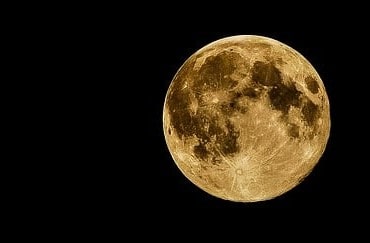
In “The Moon was but a Chin of Gold,” Emily Dickinson metaphorically compares the moon to a woman’s face. The poem’s title is reflective of the crescent moon compared to a “Chin of Gold.”
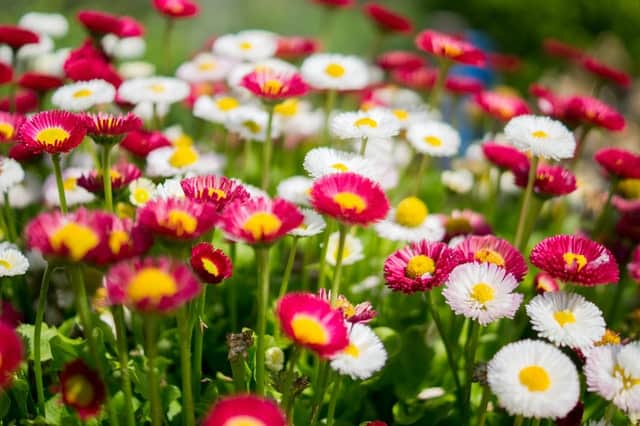
Rabindranath Tagore’s poem “The Flower-School” is a lyrical reflection of a child’s innocence and the mother-child relationship.
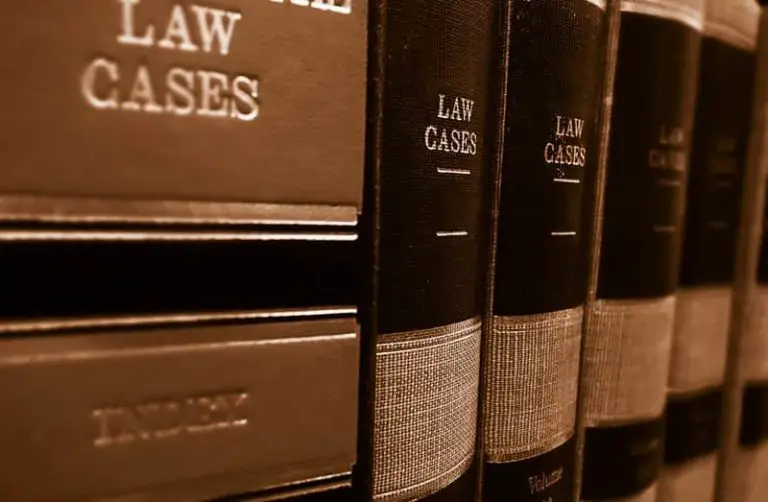
Martín Espada’s “Who Burns for the Perfection of Paper” is about the poet’s experience of working in a printing plant as a binder when he was sixteen.